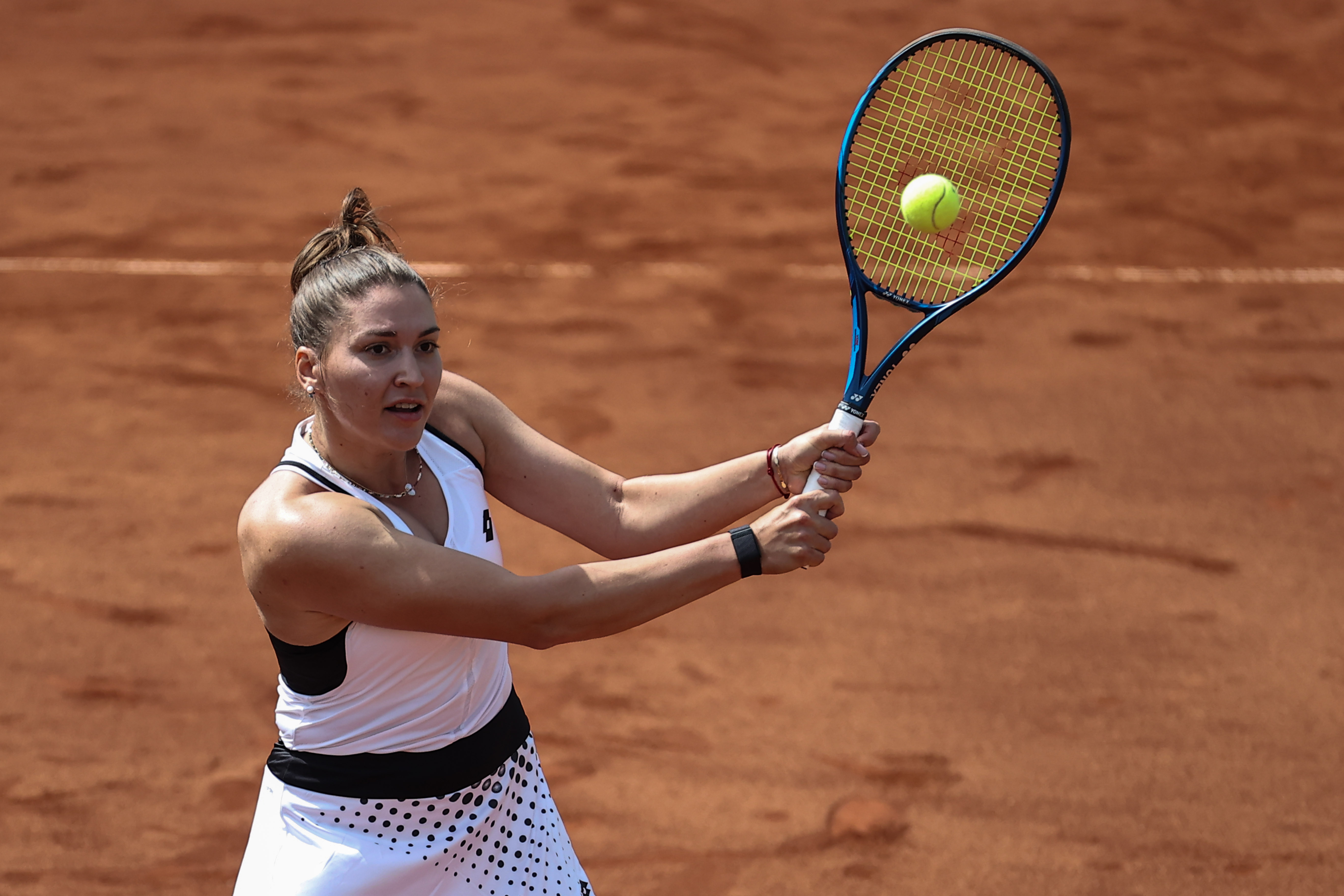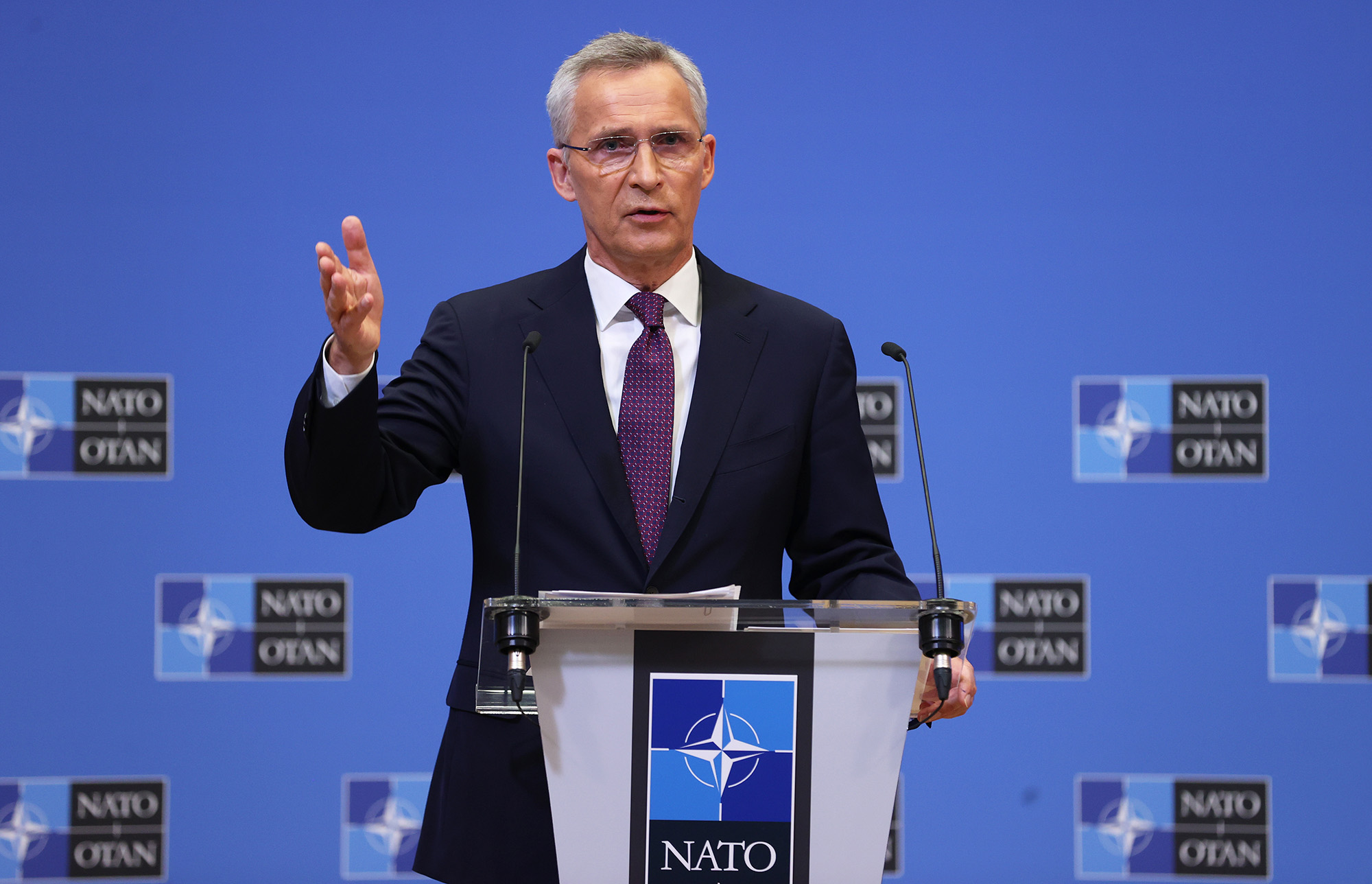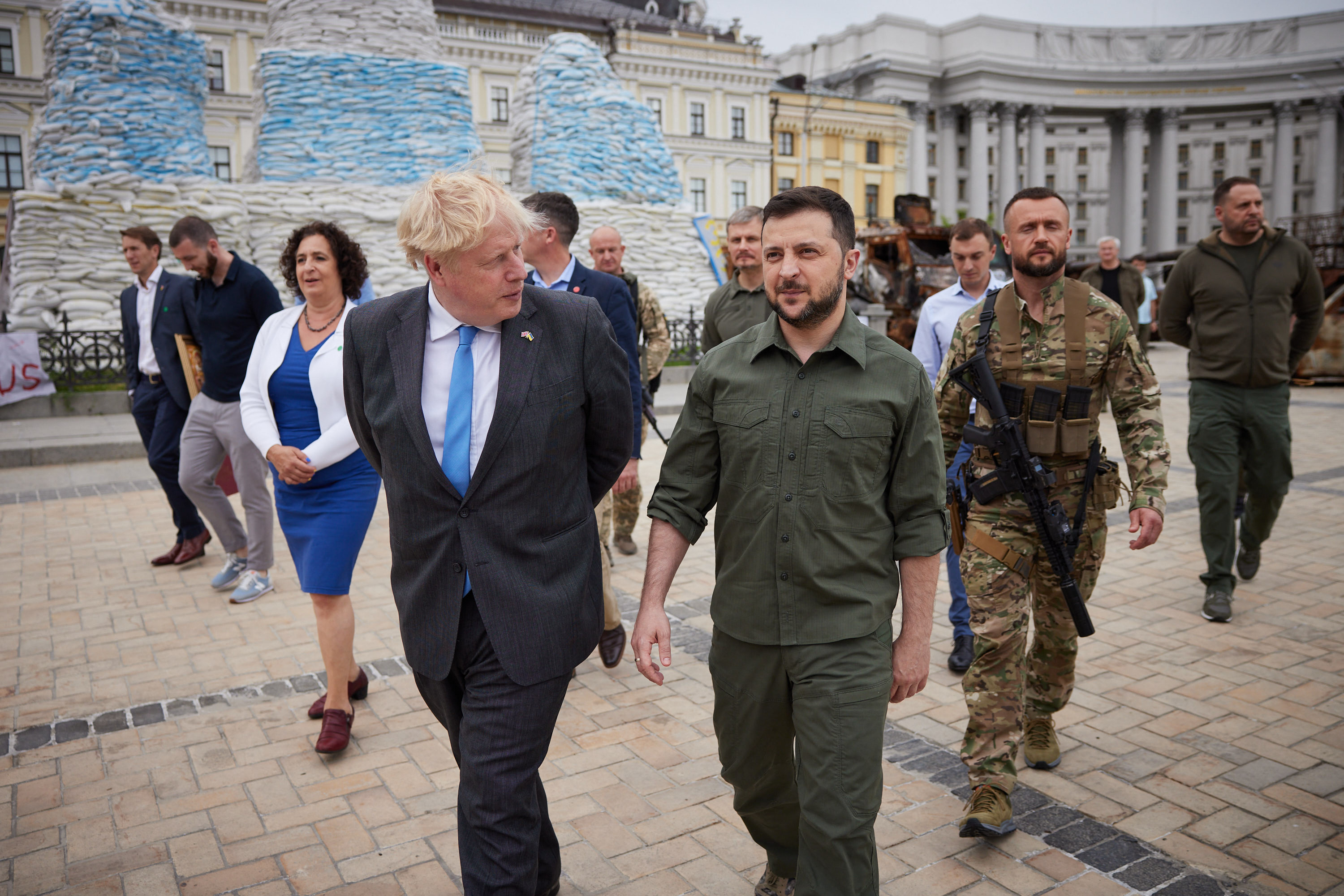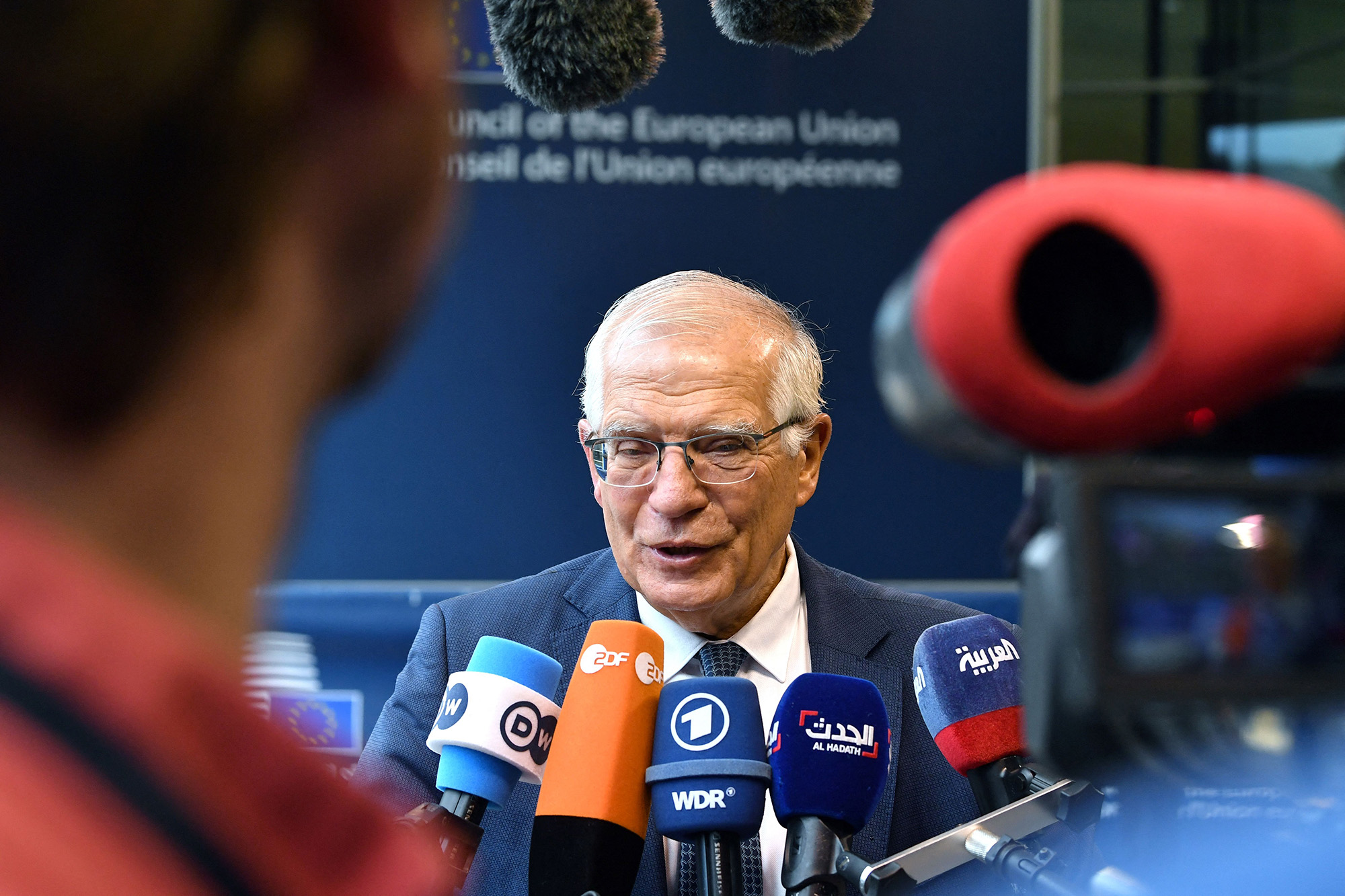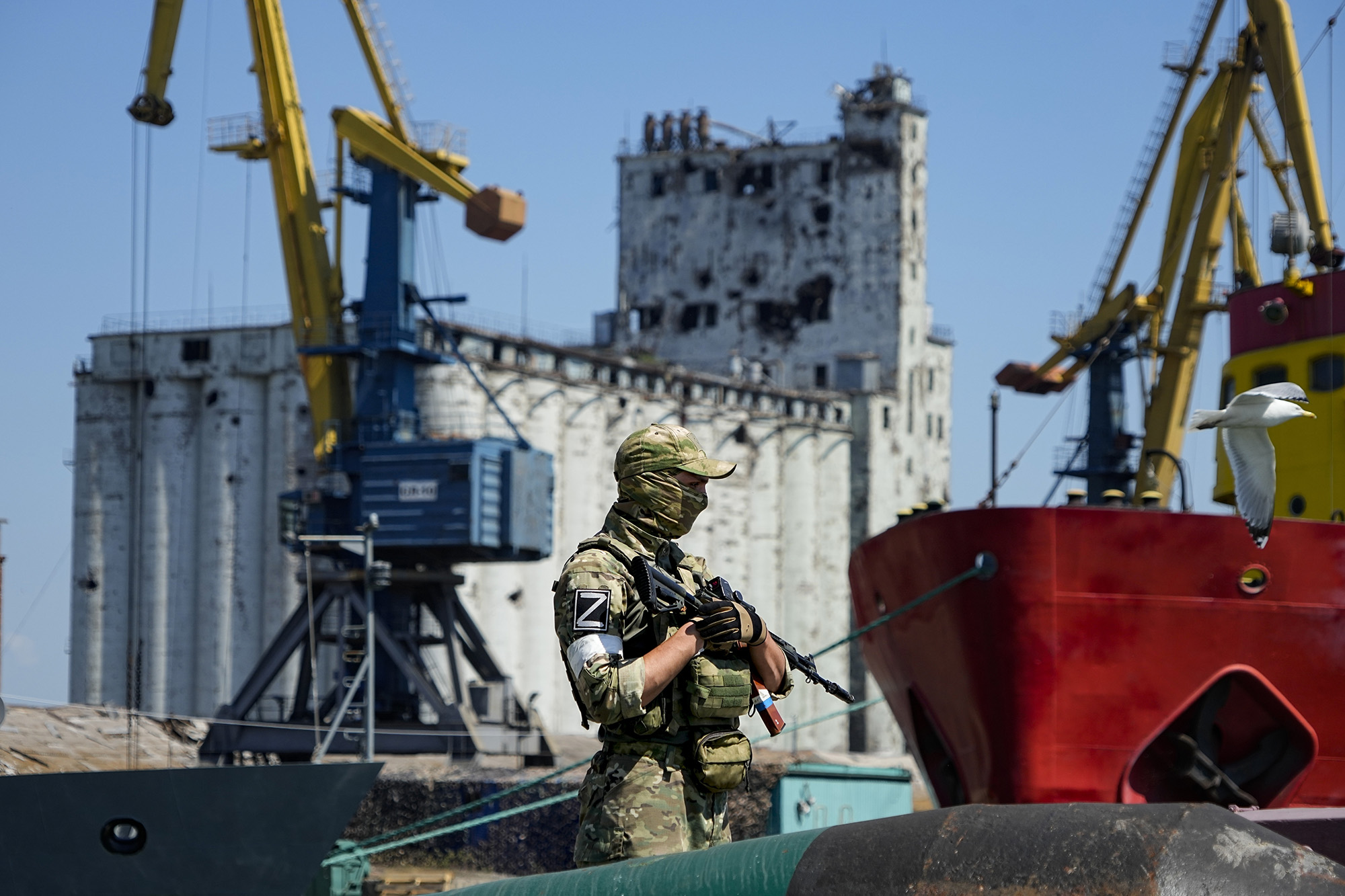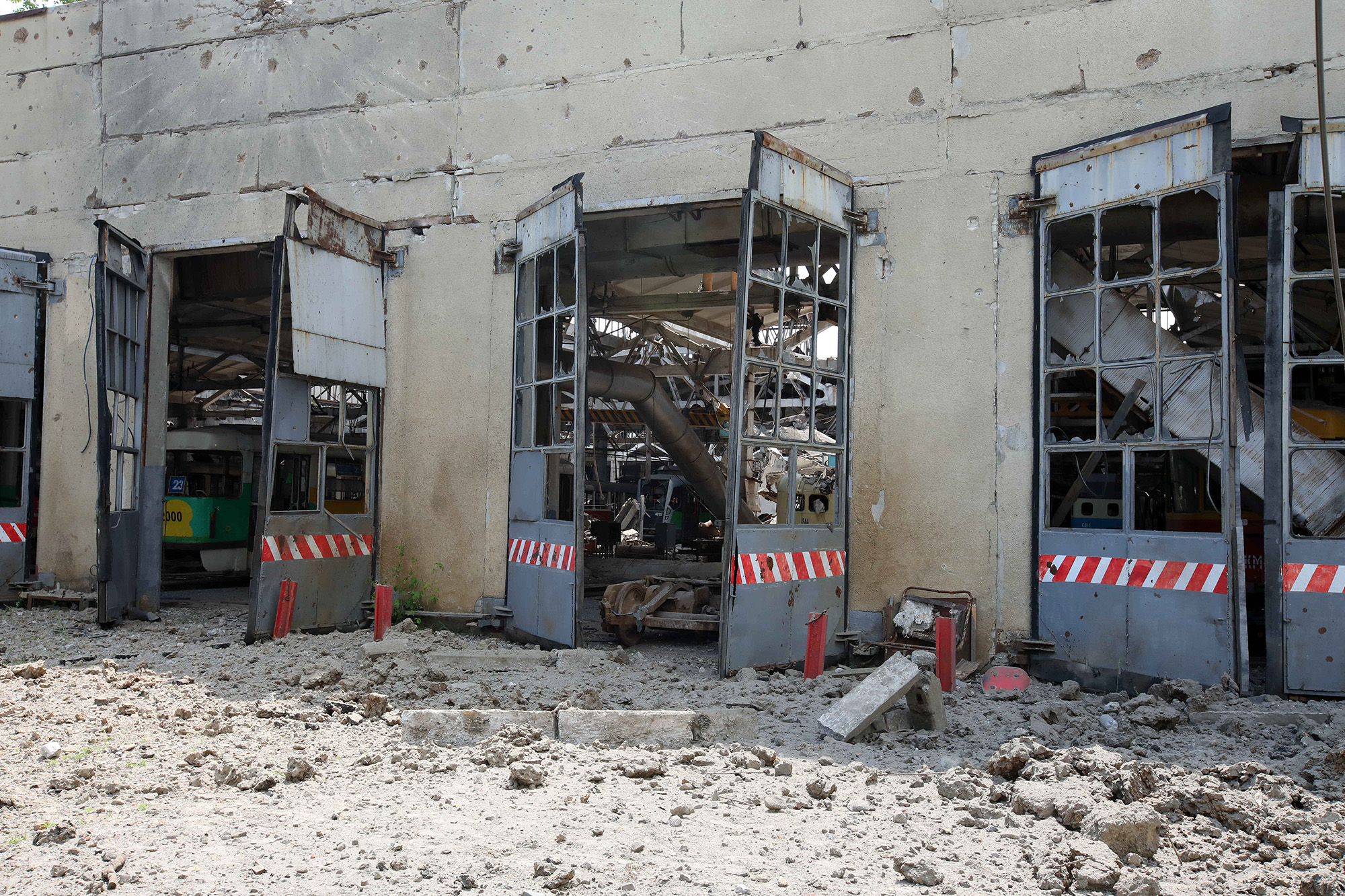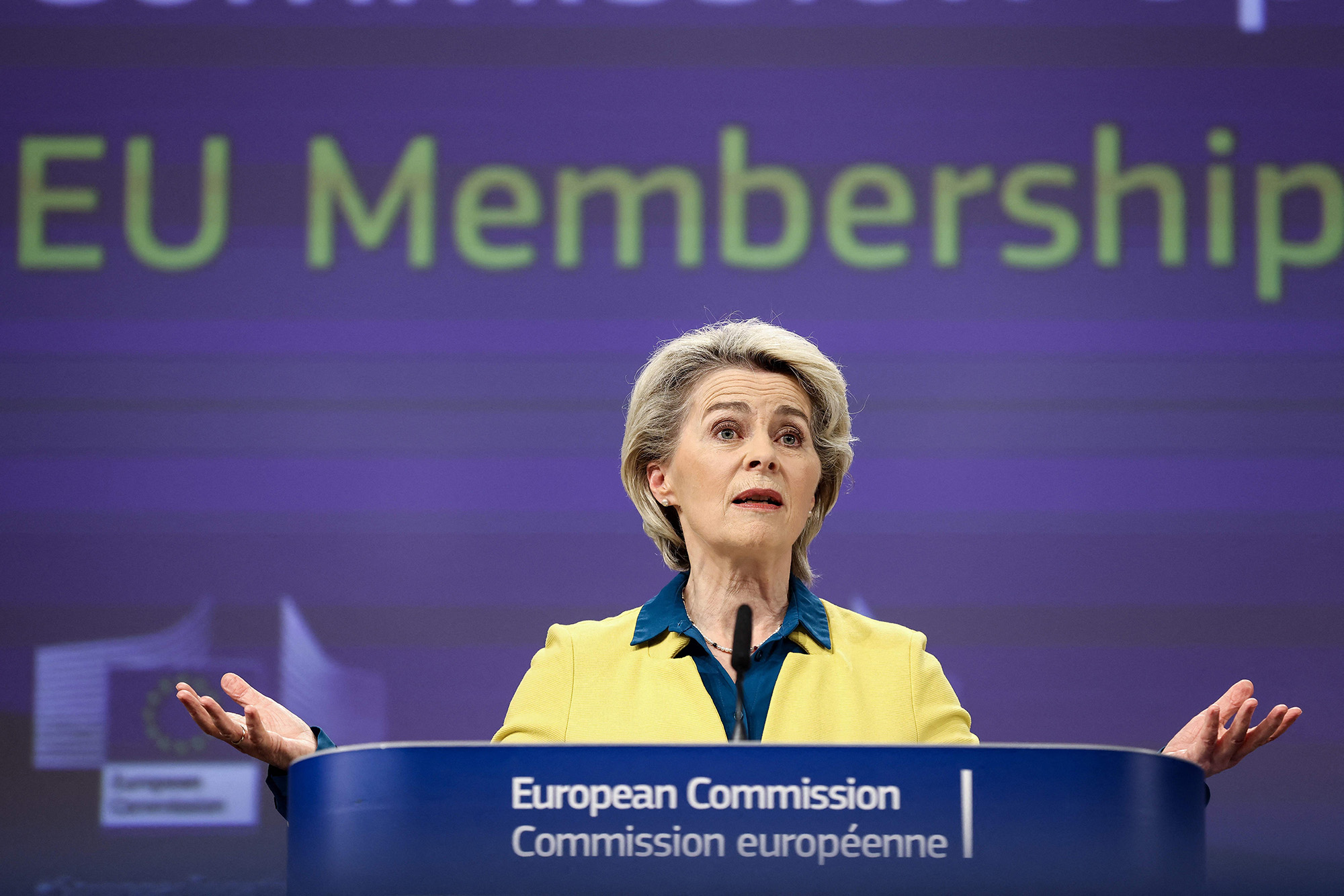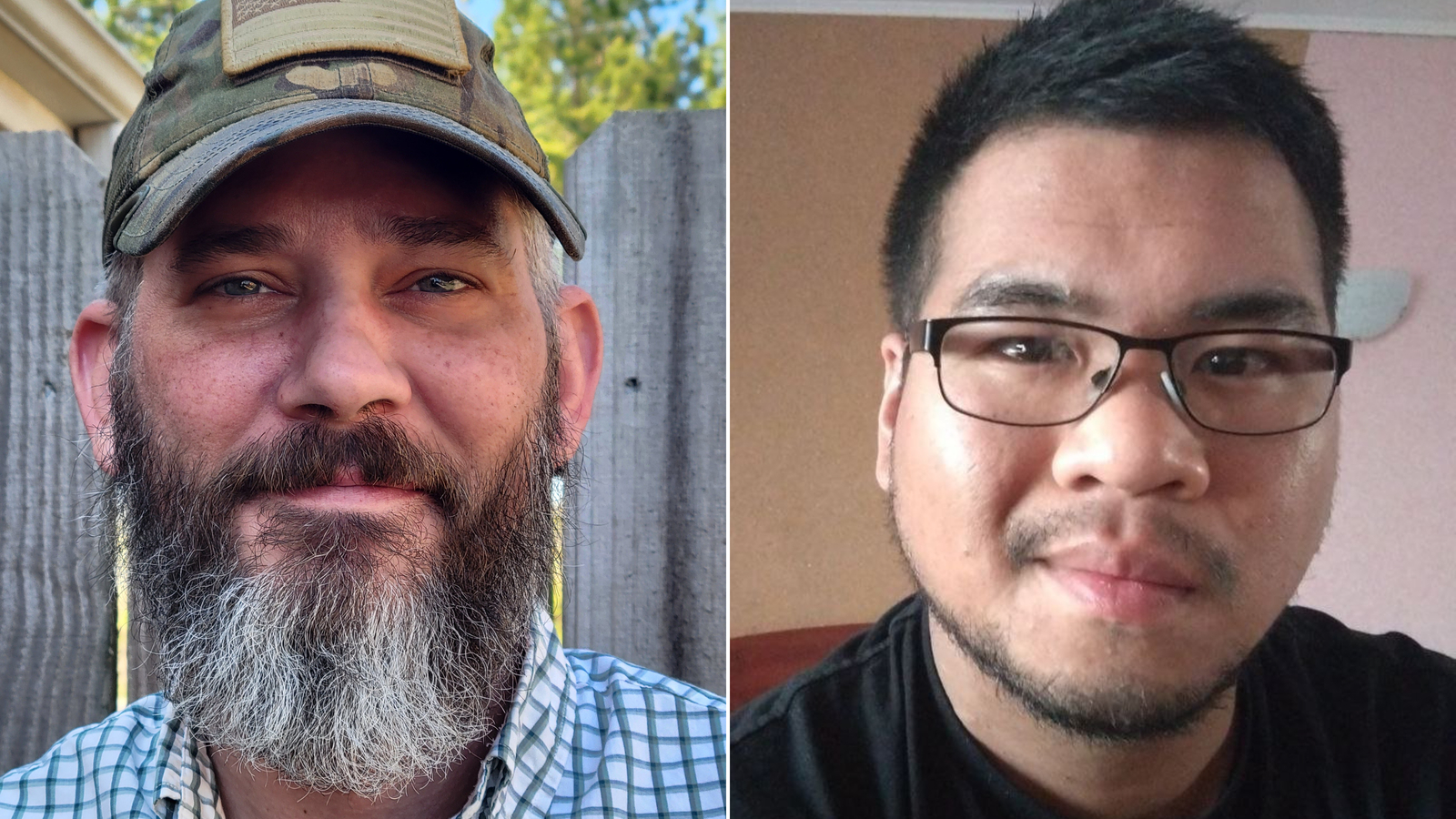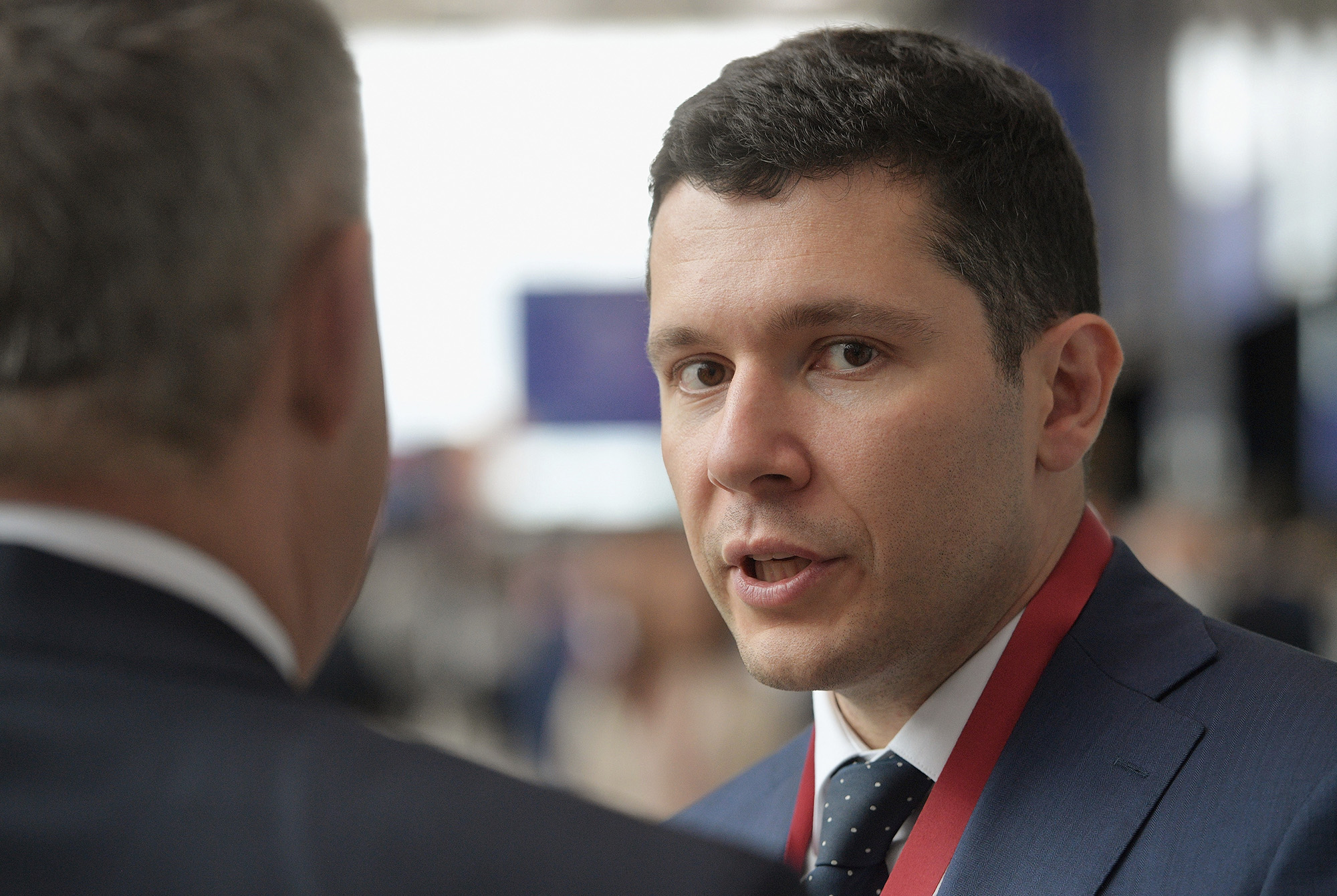
Lithuania's decision to ban the transit of sanctioned materials to Russia through the Kaliningrad region -- Russia’s exclave in the European Union -- is "unprecedented" and Russia considers it "illegal," said Kremlin spokesman Dmitry Peskov.
This decision is truly unprecedented. This is a violation of everything,” Peskov told reporters during a regular conference call on Monday.
“We also consider it illegal," Peskov said, adding that the Kremlin will need to analyze the situation carefully. “It is part of a blockade, of course,” he said.
Lithuanian Railways, the state-owned railway company, had notified Russia that starting midnight on June 18, transit trains with goods subject to EU sanctions would no longer be allowed to pass through, the governor of the Kaliningrad region Anton Alikhanov said on his telegram channel Friday.
The list of the banned goods includes construction material, cement, metals and "a number of other goods important both for construction and for production," according to Alikhanov.
Some background: Lithuania's decision is the latest by an EU member state to sanction Russia following its invasion of Ukraine in February.
At the end of May, the European Union agreed to ban 90 percent of Russia oil imports by the end of the year, alongside other measures, European Council leaders said at the time.
“Agreement to ban export of Russian oil to the EU. This immediately covers more than 2/3 of oil imports from Russia, cutting a huge source of financing for its war machine,” Michel announced in a tweet.
Meanwhile in the United States, the White House announced another round of sanctions targeting Russian government officials and elites close to Russian President Vladimir Putin with a series of new financial and diplomatic sanctions at the start of June.
The White House said in a statement that the latest sanctions are designed “to crack down on evasion and tighten our sanctions to enhance enforcement and increase pressure on Putin and his enablers.”
CNN's Niamh Kennedy, Jeremy Diamond, Betsy Klein and Kate Sullivan contributed reporting to this post.
